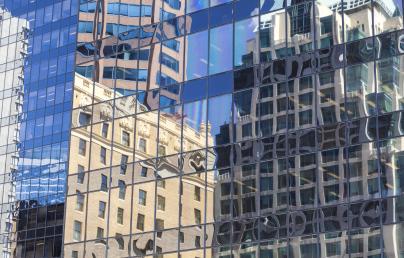RePrintCLAY project: Reusing excavated soil in 3D printing for low energy buildings
RePrintCLAY project: Reusing excavated soil in 3D printing for low energy buildings
RePrintCLAY project aim to reuse excavated soil in 3D printing of sustainable earth-based mixtures for low energy buildings. The project will deliver promising earth mix combinations that are environmentally friendly, printable and made from by-products resources and excavation soil wastes. The outcomes of the project will be instrumental in delivering the decarbonization goals of the construction industry.
Modern construction materials are energy-intensive, and therefore, the construction industry can reduce emissions by developing alternate building materials and adopting innovative construction technologies. There is an upsurge of interest in earth building technologies, but there are associated limitations such as labour cost and construction time.
On the other hand, the construction and demolition of infrastructure produce a surplus of excavated soils that ends up at landfills. In this scenario, processing these soil wastes locally and integrating them in buildings as earth-based construction materials using 3D printing technology is an ideal solution.
Therefore, the project assesses the technical feasibility of reusing the excavated soil, for producing earth-based composites, with sustainable additive combinations for enabling 3D printing. An industrial by-product such as Ground Granulated Blast-furnace Slag (GGBS) is proposed as an additive with other inorganic admixtures in trace quantities for treating the soil.
The rheological parameters, the time-dependent green strength development characteristics and the long-term compressive strength characteristics of the soil treated with additives will be studied. The microstructure of the hardened earth mixes will be used for explaining their mechanical performance.
This project is supported by the excellent research environment provided by the host, Dr Perrot at UBS and Prof. Habert at ETH Zürich, with state-of-the-art facilities for research development, testing and training. This project offers unique scientific opportunities that enable the candidate to return to mainstream research and excel in future career perspectives.
Coordinator
- UNIVERSITE DE BRETAGNE SUD
Start date: 1 September 2022 - End date: 31 August 2024
This project has received funding from the European Union’s Horizon 2020 research and innovation programme under grant agreement No. 101068760.

